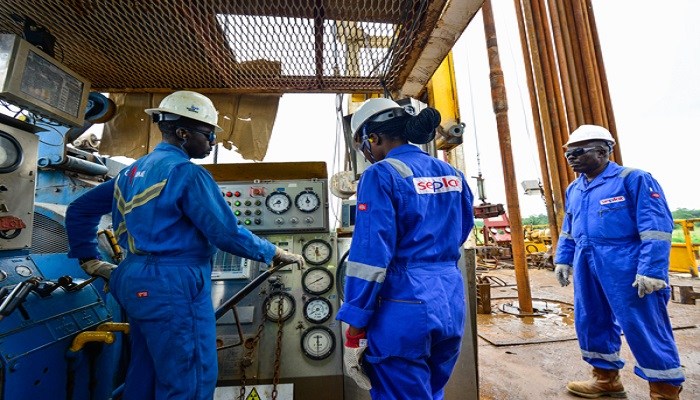Nigeria’s energy sector is witnessing renewed momentum as both international and indigenous operators signal progress on projects that could boost domestic gas supply and unlock the country’s liquefied natural gas (LNG) potential.
At the African Energy Week 2025 in Cape Town, Seplat Energy CEO Roger Brown confirmed the company is close to finalizing commercial terms on a new gas development. He pointed to the Yoho field, a stranded asset, as a prime candidate to feed LNG opportunities and strengthen Nigeria’s role as a regional gas hub.
“We’re very clear on our gas strategy,” Brown said. “With three existing plants, Seplat is already one of the country’s biggest domestic suppliers. The Yoho asset represents a key step toward expanding that capacity and aligning with LNG prospects.”
The company is bolstering its position with fresh financing, including a third Eurobond and increasing reliance on local capital providers who “understand the terrain,” Brown noted.
Industry leaders argue that Nigeria’s enabling environment is improving, citing the government’s approval of five upstream deals in 2024 and its ambition to lift production to 3 million barrels per day by 2030.
But it isn’t just Seplat making waves. Local independents are increasingly central to Nigeria’s gas and oil story:
-
Aradel Holdings has scaled output from 2,000 to 15,000 barrels per day at its flagship field while adding a gas-processing plant and modular refinery.
-
Energia Limited is calling for indigenous players to pool resources and share risks to expand their role in upstream developments.
-
Oando Energy Resources is deploying pipeline monitoring and community engagement strategies to manage above-ground risks.
-
Service partners like NOV are promoting early engagement and lifecycle support to accelerate project delivery.
Executives agree that Nigeria’s energy transformation hinges on collaboration, capital access, and technology adoption. “There’s significant value to be unlocked in onshore positions,” said Berislav Gaso, EVP at OMV, stressing the role of infrastructure and subsurface potential in acquisition decisions.
With stranded assets being repositioned for LNG, modular refineries growing, and indigenous operators scaling production, Nigeria’s gas sector is signaling that the next phase of growth may rely less on foreign majors and more on homegrown players capable of driving integration across the energy value chain.

